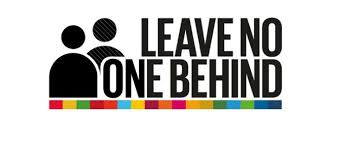It all started with factual observations on the state of African countries: Notwithstanding the regular projections of economic growth advocated by multilateral organizations, a large part of the African population still lives below the poverty line. The importance of macroeconomic indicators is well established, but they do not always reflect the well-being of populations and sound environmental management.
MILLENIUM
DEVELOPMENT
GOALS
En l’an 2000, étaient formalisés les 8 objectifs du millénaire pour le développement (OMD, Millennium Développent Goals en anglais), à New York aux Etats unis, avec la Déclaration du millénaire de l’Organisation des Nations Unies par 193 États membres de l’ONU.
Bien que la mise en œuvre de cet agenda 2015 ait conduit à des résultats certains, le travail est resté inachevé pour des millions de personnes. Ce fut un pas important dans l’histoire commune des peuples.
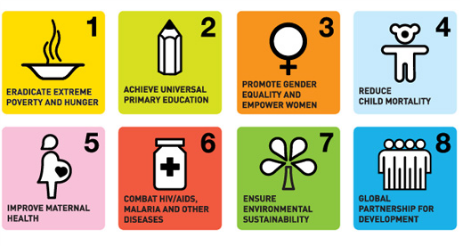
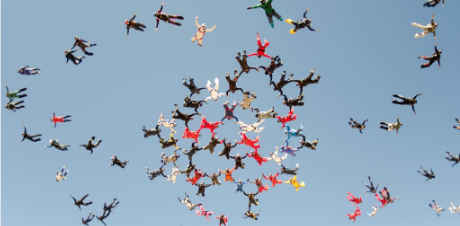
SUSTAINABLE DEVELOPMENT GOALS
At the United Nations conference in New York in September 2015, after two years of tough negotiations, 17 Sustainable Development Goals were adopted by all Member States of the United Nations as part of the 2030 Agenda for Sustainable Development, which defines a 15-year plan to achieve these goals. through 169 targets to be reached. These Sustainable Development Goals give us a path forward to achieve a better and more sustainable future for all.
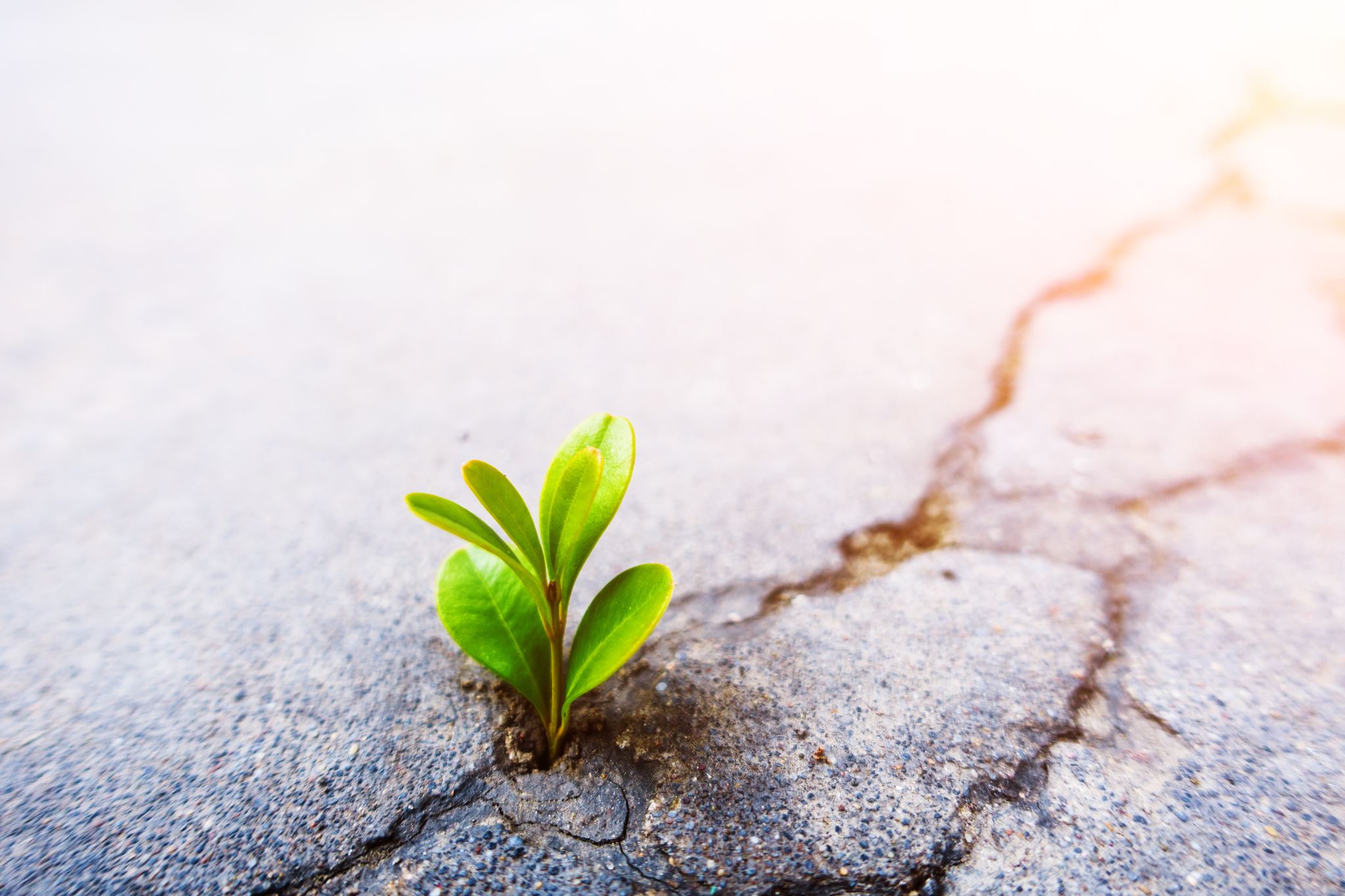
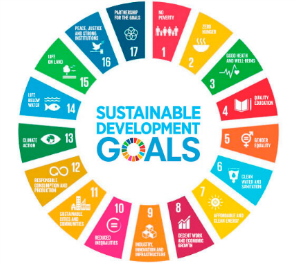

COP 21 – ACCORD CLIMAT PARIS
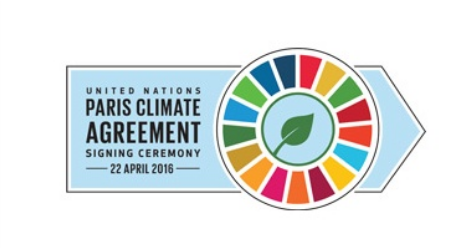
2015 also saw the adoption of the Paris Agreement, which is a legally binding international treaty on climate change. It was adopted by 196 Parties at COP 21, the United Nations Climate Change Conference in Paris, France, on 12 December 2015. It entered into force on 4 November 2016
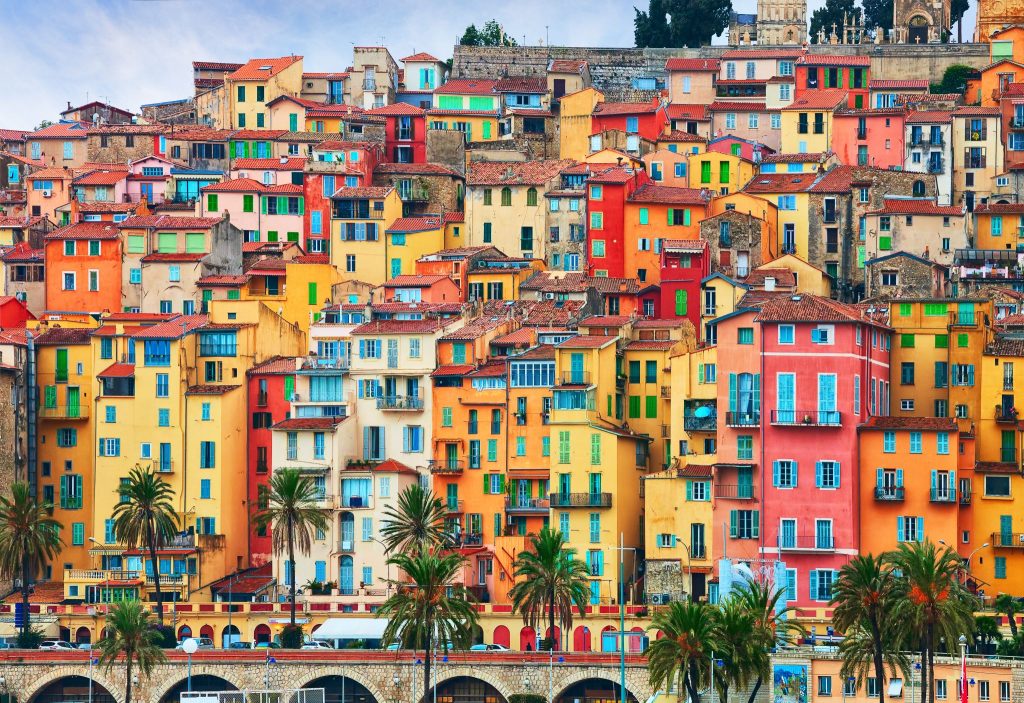
GOODWILL AFRIKA AND 2030 AGENDA
Then, for governance and steering needs, an annual report has been produced by the UN bodies, reporting on the evolution of indicators, country by country, region by region. By analyzing successive reports, we can identify some of the challenges that African countries face: unavailability of up-to-date statistical data, non-alignment of development programs and the SDGs, lack of long-term financing for States and local authorities, non-alignment of private investments with an obligation of SDG-oriented approaches, lack of strategy on the SDGs, lack of involvement of civil society, etc.
The Non-Governmental Organization "GOODWILL AFRIKA" aims to contribute to the promotion of the SDGs within African States, and their use as a complementary but indispensable framework of governance.


